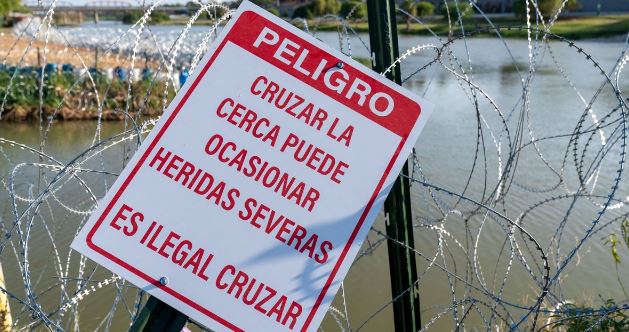Texas Faces Allegations of Hindering Border Patrol’s Rescue Efforts for Migrants

The United States government has recently leveled serious accusations against Texas, alleging that the state’s actions are obstructing federal border agents from conducting rescue operations for migrants in peril, particularly those at risk of drowning.
According to the allegations, Texas authorities are implementing measures that significantly limit the ability of Border Patrol agents to respond effectively to emergency situations along the border. This includes incidents where migrants, attempting to cross into the U.S., find themselves in life-threatening situations, such as drowning in the Rio Grande.
A spokesperson for the U.S. Border Patrol stated, “Our primary concern is the preservation of life, regardless of one’s immigration status. The hindrances we’re encountering in Texas are not only unprecedented but also pose a direct challenge to our ability to save lives.”
The accusations have sparked a heated debate over the state’s border policies and their impact on humanitarian crises. Critics argue that Texas is prioritizing stringent border control over essential rescue operations, thereby endangering lives. These criticisms come amidst growing concerns over the perilous conditions migrants face while attempting to cross the border.
Texas officials, however, have defended their actions, arguing that their policies are aimed at strengthening border security and are in line with federal immigration laws. They emphasize the need to deter illegal crossings, which often lead to dangerous situations like the ones currently under scrutiny.
This situation highlights the complex and often contentious relationship between state and federal authorities when it comes to border security and immigration policy. The debate is not just about jurisdiction but also about the ethical implications of border enforcement practices.
As this story unfolds, it raises critical questions about the balance between enforcing immigration laws and ensuring the safety and rights of individuals, regardless of their immigration status. The outcome of this dispute could have significant implications for border policy and humanitarian efforts in the United States.




